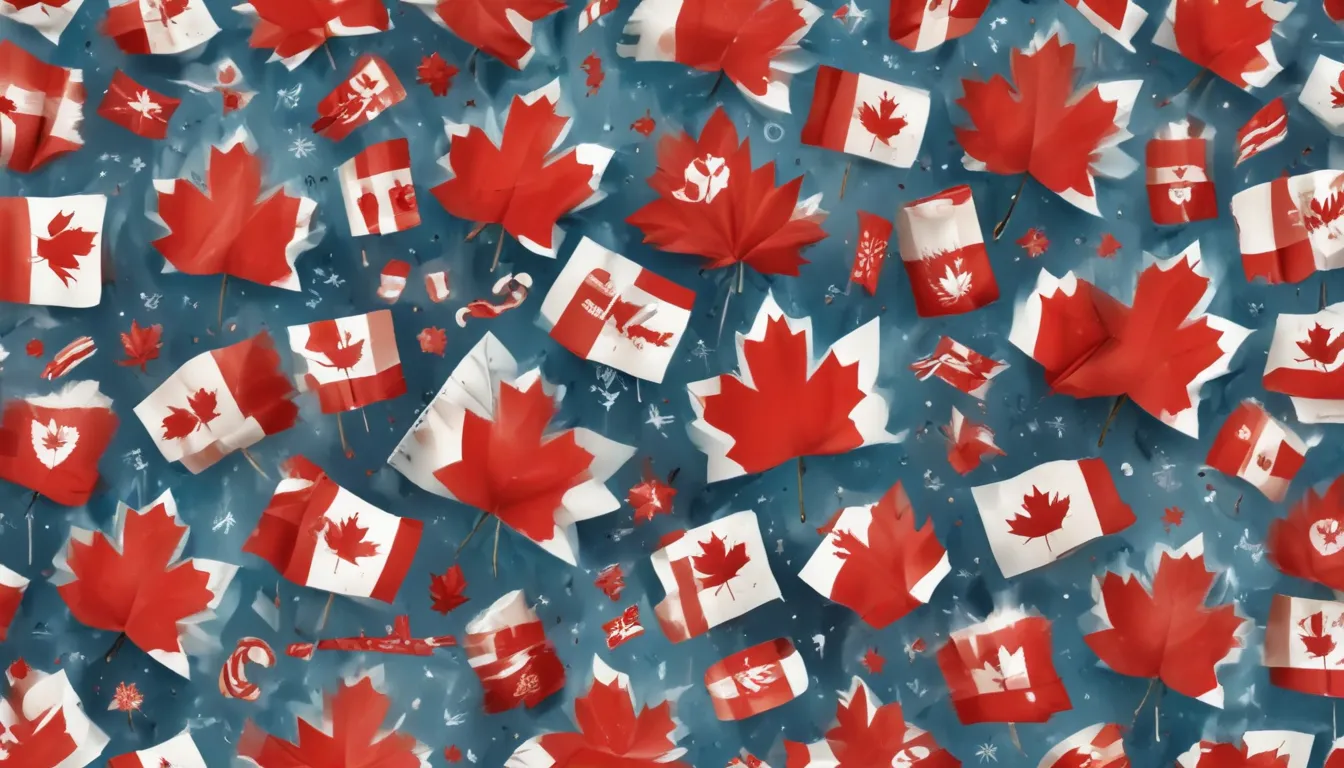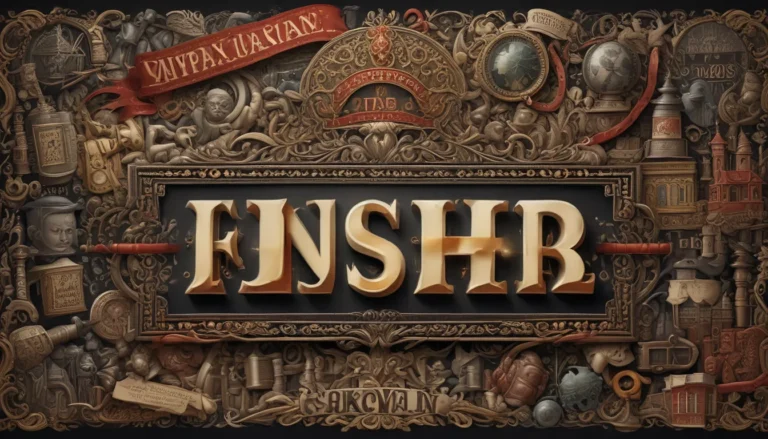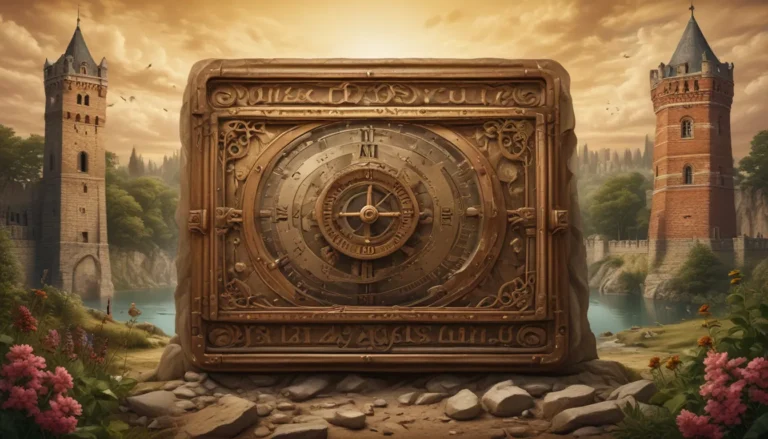The images in our articles may not match the content exactly. They are used to grab your attention, not to show the exact details in the text. The images complement the text but do not replace it.
Canada Day is more than just a day for barbecues, warm weather, and fireworks. It’s a day to celebrate the Confederation of Canada, an event that took place over 150 years ago. Here, we delve into the history and significance of Canada Day, exploring the key facts that make this national holiday so special.
Exploring Early History: British and French Exploration of North America
In the 15th century, both British and French explorers ventured into North America, laying the foundation for what would later become Canada. These expeditions led to colonization and conflict in the region, with British troops focusing on French outposts like Canada to diminish France’s global economic power.
The Evolution of Canada Day: From Colony to Confederation
Canada Day represents a pivotal moment in Canadian history, marking the nation’s journey towards full independence. In 1867, Canada was still a British colony, but over time, it gained more political autonomy. The passage of the Constitution Act in 1982 solidified Canada’s independence, transforming Dominion Day into Canada Day.
Commemorating Confedration: The Birth of Canada
On July 1, 1867, the three British colonies of Canada, New Brunswick, and Nova Scotia united to form a single country. This day, celebrated as Canada Day, honors the anniversary of the Canadian confederation, a significant event that brought these regions together under one flag.
Embracing Tradition: How Canada Day Has Evolved
Initially known as Dominion Day, the holiday was not widely celebrated by Canadians, who still saw themselves as British subjects. However, in the mid-20th century, efforts to rename the holiday to Canada Day gained traction, eventually becoming the official name in 1982. This change sparked a renewed enthusiasm for the holiday, both at home and abroad.
Unique Traditions: Queen Elizabeth II, Moving Day, and More
Queen Elizabeth II and other members of the Royal Family have visited Canada to celebrate the holiday, underscoring its significance. In Quebec, Moving Day coincides with Canada Day, adding a unique touch to the festivities. Additionally, the official national anthem, “O Canada,” was proclaimed on July 1, 1980, further cementing the holiday’s cultural importance.
Celebrating Canadian Identity: Beer, Bells, and Beyond
Canada Day celebrations encompass a range of activities, from private beer consumption to public bell-ringing ceremonies. Churches, military displays, and civilian gatherings all play a part in commemorating the holiday. Over the years, Canada Day has grown in popularity, becoming a symbol of freedom, rights, and responsibilities for all Canadians.
In conclusion, Canada Day is more than just a date on the calendar—it’s a testament to the country’s rich history, diverse culture, and enduring spirit of independence. As Canadians come together each year to celebrate this national holiday, they honor the past, embrace the present, and look towards a future filled with unity and pride. Happy Canada Day to all!






